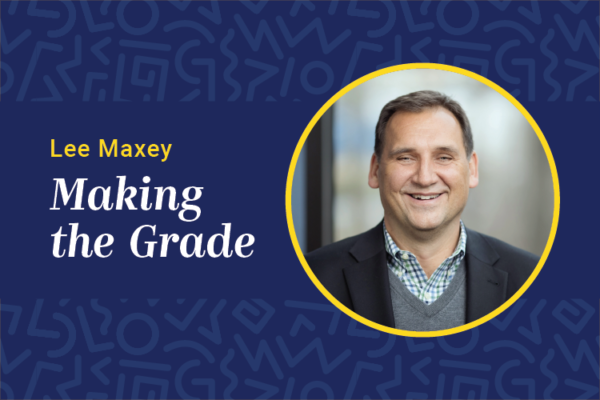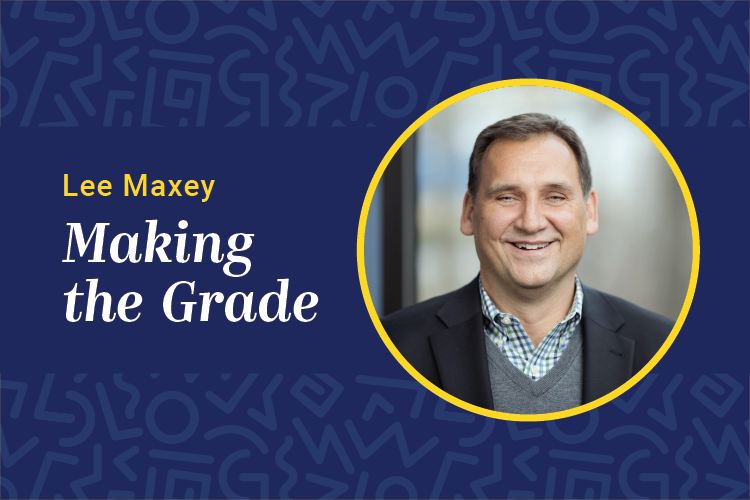 In the past few weeks, a number of college campuses have become COVID-19 pandemic hotspots, with numbers of cases spiking as students return to school for the Fall semester. However, an additional risk lurks in the shadows: Some behavioral experts, media and research point to a mental health epidemic on college campuses.
In the past few weeks, a number of college campuses have become COVID-19 pandemic hotspots, with numbers of cases spiking as students return to school for the Fall semester. However, an additional risk lurks in the shadows: Some behavioral experts, media and research point to a mental health epidemic on college campuses.
According to an article from Psychology Today, students seeking treatment for mental health issues in the past year had risen from 19 percent in 2007 to 34 percent in 2017. The uptick seems to be a boost in the number of students seeking mental health services, rather than more people who suffer from poor mental health. Either way, counseling services on college campuses are far more frequented than ever before. And while companies have for 50 years or more offered employee assistance programs, the root cause of rising anxiety, depression and suicidal ideation seems different. CLOs should know that a generation of newly hired employees seem to have a greater fragility; executives and managers must arm themselves with a strategy for helping not only themselves but also their new hires succeed.
B. Janet Hibbs, a family and couples’ psychotherapist and co-author with Dr. Anthony Rostain of the book “The Stressed Years of Their Lives,” remarked last year during a National Public Radio interview that college-age individuals increasingly have what researchers call “destructive perfectionism.” According to Hibbs, these students can’t tolerate not excelling at everything. But even students who aren’t destructive perfectionists feel pressure to succeed from parents, peers and schools.
The unwritten message for students is this: Don’t mess up a chance to have a bright future. In a simpler time, that expectation might have been more manageable for students. But in the years since the September 11 terrorist attacks, college students and recent  graduates also have felt the aftershocks of school shootings, economic uncertainty from the recession of 2008 and boundless social media, wherein we compare our inside with everyone’s best outside. And certainly, the current state of the world is compounding students’ uncertainty and anxiety exponentially.
graduates also have felt the aftershocks of school shootings, economic uncertainty from the recession of 2008 and boundless social media, wherein we compare our inside with everyone’s best outside. And certainly, the current state of the world is compounding students’ uncertainty and anxiety exponentially.
Nothing is a waste of time if …
To diffuse the anxiety, depression and dark feelings blanketing our students and soon-to-be-hired employees, let’s instead think twice about failure. This isn’t an argument for giving school and work anything less than one’s best. But if someone genuinely gives their best and stumbles, falls or flat out fails, then where’s the harm? Learning to deal with failure pays dividends for employers as well as the mental health of employees. Auguste Rodin, perhaps the most famous sculptor of the modern era, failed to get into the Paris École des Beaux-Arts three times. So, he attended the Petite École. He didn’t get his first major commission until he was 40 years old. Rodin said, “Nothing is a waste of time if you use the experience wisely.”
Unfortunately, a generation of employees now entering the workforce have been taught to give failure no quarter. A mix of high-stakes testing (which establishes federal funding for schools), parents who only see a single road to success for their son or daughter — often through the gates of a brand-name college, and an internet-culture that equates worth to the number of accolades and likes one collects have made far too much of failing. To help mental health counselors at college campuses and corporate offices handle the onslaught of stressed-out students and employees, let’s take a different tack. Instead of implying that there’s no margin for error, the message for young adults could be: “There are some unknowns here, and this is an opportunity for you to figure out how to navigate your way. If you get off track, let’s find out why and try again.”
As a new generation of college students enter the workforce, they will surely seek out wellness programs and mental health counseling on the job. Their demands will add to an already growing list of to-dos for learning leaders. And while CLOs may react by adding the kind of programs to address the mental health needs of workers who feel more stressed and put upon than previous generations, perhaps a valuable antidote for all is that stress is inculcating new hires with the notion that failure can, and often does, lead to success. Perhaps this means creating a workplace culture that showcases in some way (e.g., all-hands meetings, lunch-and-learns, podcasts or videos) that some of an employer’s best work and workers persevered not just one failed attempt but repeated tries. Wouldn’t that, as Rodin noted, use the experience of failure wisely?
Employers can’t right the wrongs of how employees were or weren’t raised or educated. But CLOs can rally executives and managers around the idea that a company can achieve success from analyzing — not fearing — failure. A culture like that could bring out the best in employees, while reducing stress.















